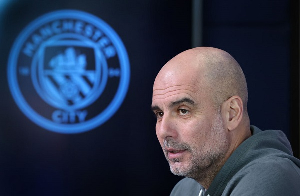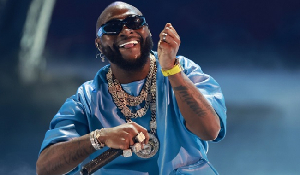...to 6.8% as Oil Price Rises
The government cut its economic growth target for this year to 6.8 percent as oil trades at more than $100 a barrel, Finance Minister Kwadwo Baah-Wiredu said.
The government had expected the economy to expand 7 percent this year based on an oil price of $85 a barrel, Baah-Wiredu said in an interview in Maputo, Mozambique where he is attending the annual meeting of the African Development Bank. The economy expanded about 6.3 percent last year.
``The oil impact is massive,'' the minister said. ``We had to revise that growth forecast. We need to get more foreign exchange to meet those bills. The current account is under strain.''
Ghana, the world's second-biggest cocoa producer, imports about 60,000 barrels of oil a day. Crude oil has surged 33 percent in New York in the past six months, reaching a record $126.98 a barrel yesterday.
The government is discussing with Standard Chartered Plc an oil hedging contract to help protect the economy against soaring prices, Baah-Wiredu said. Under the accord, Ghana will be insured if oil prices rise above $130 a barrel or below $100, he added.
Rising oil and food prices pushed inflation to 15.3 percent in April, the fastest pace in almost three years, the statistics office said on May 9. The central bank raised its benchmark interest rate by 75 basis points to 14.25 percent in March, the second increase in four months.
``There is nobody in Ghana that wants to see galloping inflation,'' the minister said. ``It's not good for us, it's not good for any economy.''
Inflation will probably slow to about 13 percent by the end of the year, ``with the rider that we can also stabilize crude oil prices,'' Baah-Wiredu said.
Ghana, which is Africa's second-largest gold producer, has benefited from debt relief and rising commodity prices, allowing the government to spend more on transport and power projects. The west African nation sold its first international bond last year, raising $750 million, to finance its infrastructure needs.
To contact the reporters on
Business News of Wednesday, 14 May 2008
Source: Bloomberg












